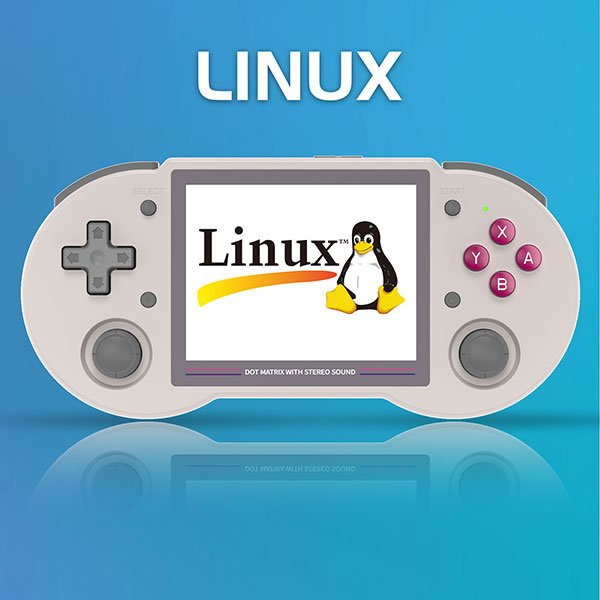up to 10% OFF!
Portable Open Source Handheld Gaming Consoles
Open source handheld gaming consoles have emerged as a revolutionary trend, combining the thrill of portable gaming with the freedom and versatility of open source software. These devices, often referred to as open source game consoles or open source video game handhelds, offer users a unique and customizable gaming experience. Let’s delve into the key features that make these devices stand out in the world of handheld gaming.

- Open Source Software Foundation:
At the core of open source handhelds is the utilization of open source software. The entire software stack, including the operating system and game applications, is open and freely accessible. This empowers users to explore, modify, and enhance the software according to their preferences, fostering a collaborative and dynamic gaming community. - Customization Capabilities:
One of the hallmark features of open source handheld consoles is the high degree of customization they offer. Users have the freedom to personalize the user interface, tweak system settings, and even develop their own games or applications. This flexibility ensures that each gaming console is a unique reflection of its user’s preferences. - Extensive Game Library:
Open source handhelds support a wide range of games, including both proprietary and open source titles. The inclusion of open source games encourages a culture of sharing and collaboration, expanding the gaming library beyond commercial releases and embracing the creativity of independent developers. - Emphasis on Emulation:
Many open source handheld consoles excel in emulation capabilities, allowing users to play games from various platforms and eras. This includes the ability to emulate classic video game systems, providing users with a nostalgic journey through the history of gaming. - Community-Driven Development:
The open source nature of these handheld consoles fosters a robust community of developers and enthusiasts. Regular updates, new features, and bug fixes are often driven by the active participation of the community. This collaborative approach ensures that the gaming experience is continually evolving and improving. - Hardware Modifiability:
Beyond software customization, some open source handhelds also support hardware modifications. Users can upgrade components such as processors, memory, or display screens, allowing for a tailored gaming experience that keeps pace with technological advancements. - Affordable and Accessible:
Open source handheld consoles are often more affordable than their proprietary counterparts. The use of open source software contributes to cost savings, making these devices accessible to a broader audience of gamers who appreciate the value of open and collaborative development. - Cross-Platform Compatibility:
Open source handhelds prioritize cross-platform compatibility. This means that games and applications developed for these consoles can often run on multiple devices, promoting interoperability and a seamless gaming experience.

In conclusion, open source handhelds redefine the gaming landscape by marrying the portability of handheld devices with the openness of collaborative development. With a focus on customization, community-driven development, and a diverse game library, these consoles provide a compelling alternative for gamers who value both freedom and innovation in their gaming experience.
